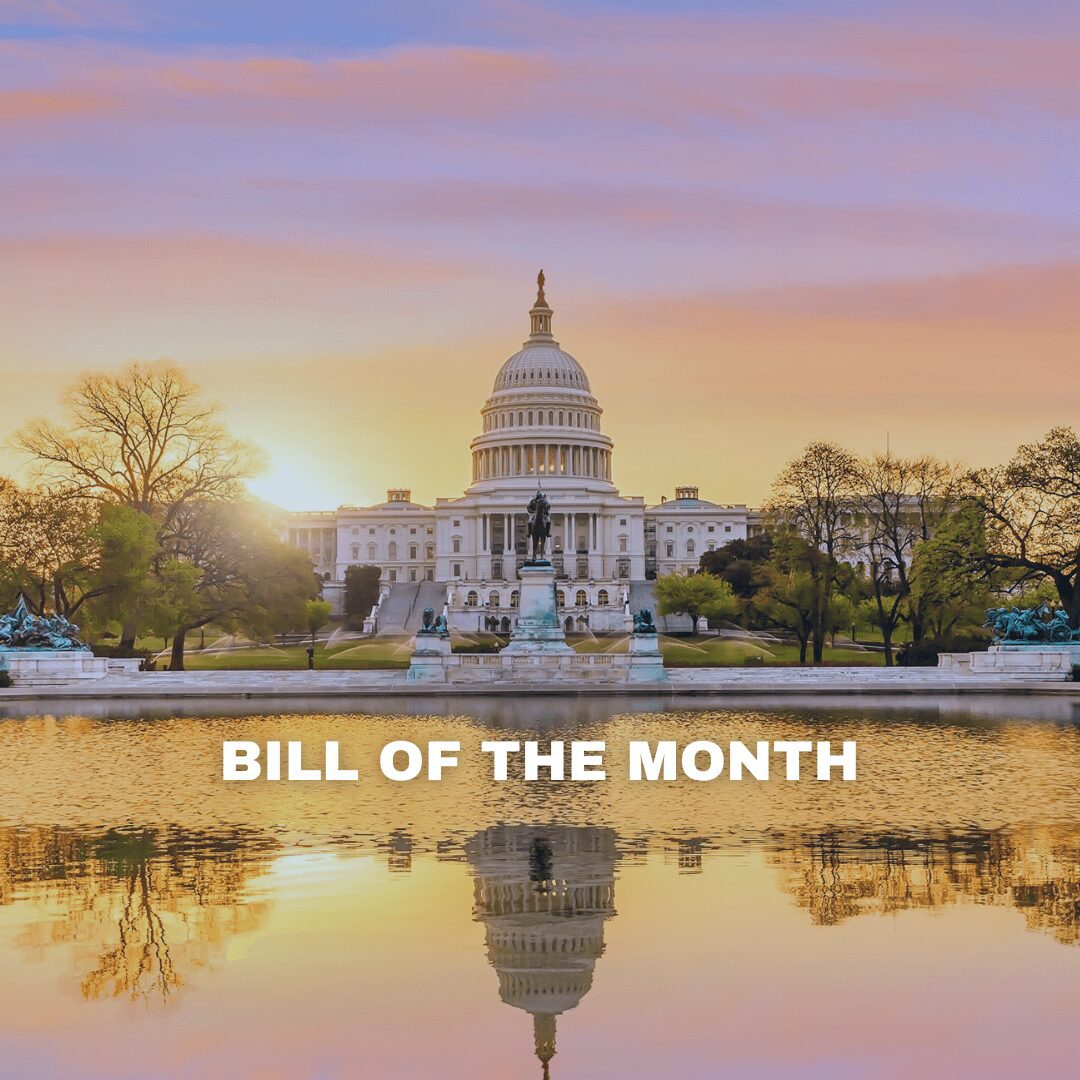
Bill of the Month — July 2024: IRS Overreach Prevention Act
Michael Mohr-Ramirez
August 1, 2024
Sponsors: Reps. Adrian Smith (R-Neb.), Chuck Edwards (R-N.C.), Don Bacon (R-Neb.), Kevin Hern (R-Okla.), Carol Miller (R-W.Va.), Guy Reschenthaler (R-Penn.), Greg Steube (R-Fla.), Claudia Tenney (R-N.Y.), and Steve Womack (R-Ark.)
H.R. 9109 – IRS Overreach Prevention Act:
The IRS Overreach Prevention Act, introduced by Reps. Adrian Smith (R-Neb.) and Chuck Edwards (R-N.C.), would require the Internal Revenue Service (IRS) to end the Direct File pilot program.
The IRS’s Direct File pilot program, which lacks Congressional authorization, is an inherent conflict of interest and costs taxpayers five times more than commercial software. The agency has shown its willingness to manipulate studies, ignore mandates, and push ahead regardless of authorization.
If is for these reasons, among others, that TPA is pleased to make the IRS Overreach Prevention Act its Bill of the Month for July 2024.
Background:
In August 2022, Congress passed the Inflation Reduction Act (IRA, P.L. 117-169), which increased IRS authorizations by $80 billion. Of that, $15 million was narrowly directed to study the feasibility, taxpayer interest, and cost of a Direct File tax return system. This came despite the existence of the IRS’ Free File program, which partners with commercial providers.
Direct File is an inherent conflict of interest for the IRS to both estimate tax bills and conduct audits on incorrect returns. Further, the IRS has shown itself incapable of handling the sensitive data it already has. This includes the massive amount of data that would come with providing such a program. In May 2022, the Government Accountability Office (GAO) published a study finding that between FY2012 and FY2021, the IRS completed 1,694 investigations into the “willful unauthorized access of tax data by employees” with 27 percent of cases being found in violation. In June 2022, the Treasury Inspector General for Tax Administration (TIGTA) found that the IRS’s Cybersecurity Program was not effective in 17 of 20 metrics.
Since the beginning, the studies outlined by the IRA (one in-house, and another external) have been plagued with issues. The IRS selected New America, a nonprofit organization with a history of lobbying for Direct File, to conduct the purportedly unbiased external study, a clear conflict of interest. In May 2023, the IRS released its own report required by the IRA, estimating the program could cost taxpayers between $64 million and $249 million annually. Using the same cost factors, New America determined similar estimates.
On the back of this controversial research, and without any semblance of congressional authorization, the IRS launched a Direct File pilot program in 12 states for 2023.
In April 2024, the GAO and TIGTA published a damning report the program, finding that “IRS had no documentation to support the underlying data, analysis, or assumptions used for Direct File cost estimates.” Further, the report states that the IRS failed to collect the data needed to provide promised cost updates considering its ongoing Direct file filing program. The IRS failed to account for changes to customer service, start-up technology costs, state tax integration, scaling or labor, all of which are necessary components of how much the program will actually cost taxpayers.
The initial pilot stage in 2023 was as wayward as could be. The Treasury Department estimated 19 million filers were eligible for the program, yet IRS only accepted 140,000 returns through Direct File (0.7 percent of those eligible). The agency budgeted $114 million for Direct File in FY24, but with low user numbers, that costs over $800 per return (five times the average cost for commercial tax preparation). The GAO report found that taxpayers did not save time filing through Direct File. Further, the system does not account for state and local taxes, creating a secondary burden.
Regardless of these findings, the IRS recklessly expanded its (still unauthorized) pilot program to all 50 states for 2024.
